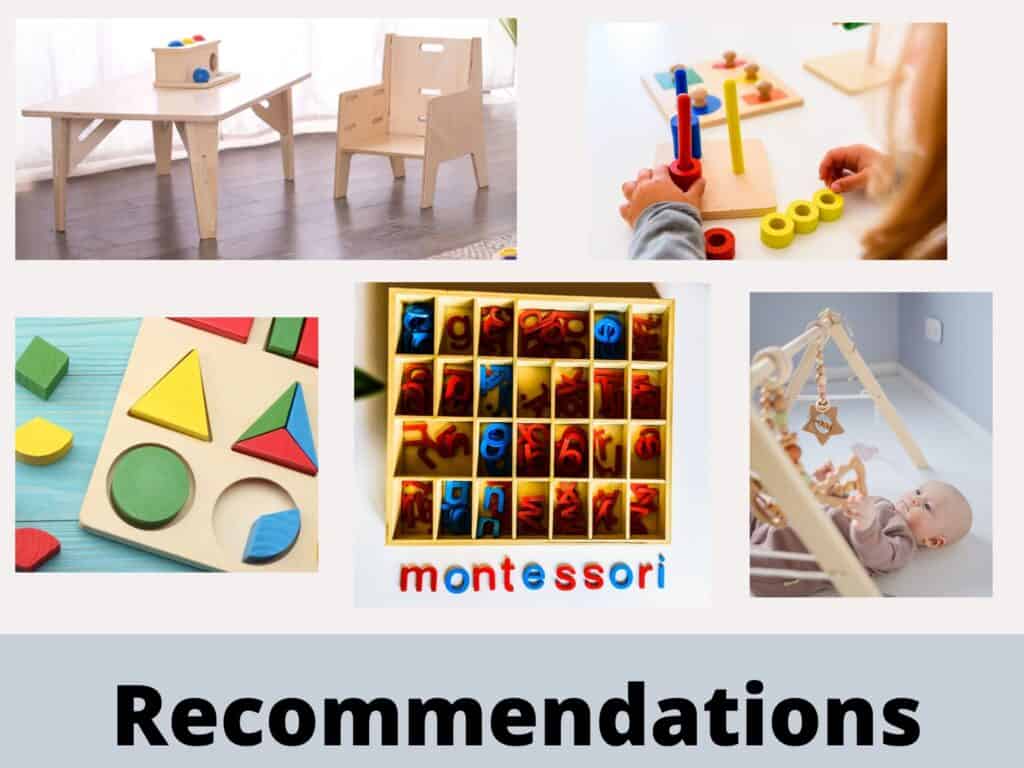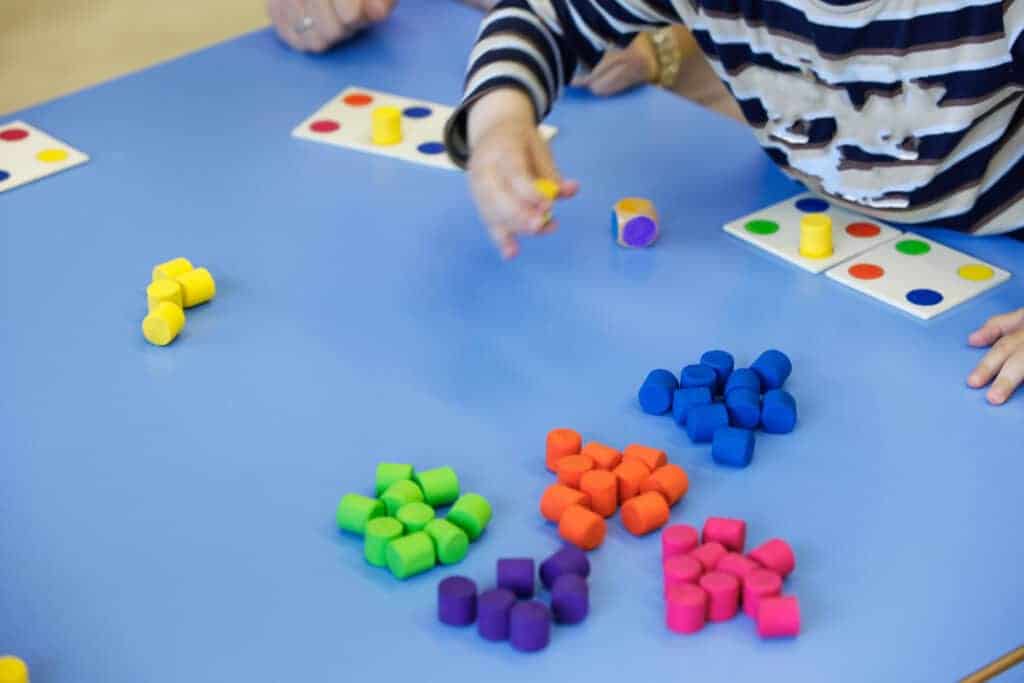If you follow child-rearing content on social media, you’ve likely heard of gentle parenting. It is a popular parenting method that receives acclaim from medical and parenting experts and is taking the internet by storm. As a parent, you may be wondering what exactly gentle parenting is and what positive or negative effects it could have in your household.
Gentle parenting does have consequences, but doesn’t use rote punishment like many traditional parenting methods. Instead, gentle parenting uses discipline as a teaching tool to help children distinguish between acceptable and unacceptable behavior, understand and regulate their emotions, and learn how to respond better to the situations that trigger their misbehavior.
Read on to learn what gentle parenting is, how it differs from alternative methods, and the effects it could have on your children.

What is Gentle Parenting?
Gentle parenting is a child-rearing method that focuses on responding respectfully, mindfully, empathetically, and firmly to your child’s behavior. Rather than reacting to behavior with rote punishment, gentle parenting encourages parents to explore the emotional motivation behind their misbehavior and to teach kids how to cope with their feelings to improve behavior in the future.
A “gentle parent” should empathize with a child’s emotions and reassure them that strong feelings are okay, but misbehavior is not. Gentle parents must hold space for their child’s emotional outbursts without joining their chaos by lashing out, shaming their emotions, shutting them out, or using verbally- or physically-abusive punishment. Gentle parenting encourages caregivers to talk through problems with their children and guide them toward acceptable behaviors rather than use force to make children comply.
Does Gentle Parenting Mean No Discipline?
Of course not! One of the main focuses of gentle parenting is setting boundaries and holding children to them. The goal is to do so while being mindful of your child’s emotional development. Gentle parents respond- rather than react- to their child’s behavior by identifying and empathizing with their feelings, explaining why a behavior is wrong, remaining firm and consistent about what is acceptable versus unacceptable behavior, and suggesting alternative ways for the child to react to the situation that triggered the misbehavior.
Parenting without discipline is known as permissive (or indulgent) parenting. Permissive parents are warm and loving but make few demands of their children, rarely say no, and are very lenient with their children’s behavior. This generally leads to children who have good self-esteem but have poor social skills, struggle to regulate their emotions, and feel ungrateful and entitled.
Authoritarian parenting, however, is heavy-handed with both discipline and punishment. Authoritarian parents are often unresponsive to their children’s emotional needs and instead, strive for blind obedience. They hold their kids to high standards with strict, often unfair, punishment if they fail to meet those standards. Children who were raised with authoritarian parents often grow up with problems self-regulating, struggle in social situations, are unable to make their own decisions, and can become aggressive.
Gentle parenting is a medium somewhere between these two parenting styles because it emphasizes the importance of fostering your children’s emotional development while still holding them to firm boundaries. Gentle parenting, like permissive parenting, doesn’t encourage punishment such as spanking, time outs, withholding needs, or taking comfort objects away from a child. But it does advocate for using discipline. Discipline focuses on teaching a child better behavior whereas punishment discourages bad behavior using fear or force. Discipline, coupled with parental love and attention, creates emotionally intelligent children who grow up knowing how to behave appropriately and why other behaviors are wrong or hurtful to others.
How Do You Discipline a Child with Gentle Parenting?
One excellent method of discipline that can be used on children of all ages is the “time in”. Unlike a time out, which shuts children away for a period of time without helping them cope with their emotions, a time in is a sequestered discussion between parent and child about why a behavior is wrong and better ways for the child to respond to the situation.
In a typical time in, the parents will pull the child aside to a quiet spot, identify the emotional motivation behind the child’s misbehavior and empathize with the emotion. Then, they will point out the unacceptable behavior and explain why they cannot allow it. Lastly, they will suggest better ways for the child to act if a similar situation were to arise again.
Time ins are effective because they help parents connect with their children by showing them their feelings are valid and respected. They also teach children better alternatives for coping with situations that lead to misbehavior, rather than merely punishing their actions with no explanation as to why they’re being punished or guidance on how to handle the situation better in the future.
If you want to learn more about time ins, their benefits, and different methods to try with children of different ages, click here! (Link to article)
What are the Downsides of Gentle Parenting?
Although gentle parenting may sound easy, it requires a tremendous amount of mental energy and emotional self-control from the parent. Spanking or shutting away a misbehaving child is much easier for an agitated parent than remaining calm, empathizing, teaching, and remaining consistently loving and firm. Gentle parenting requires parents to master their own emotions, which is a skill that requires constant practice and patience. It will be a more challenging skill for hot-tempered or emotionally unaware parents to learn; but it is certainly possible for any parent to improve greatly over time!
Gentle parenting is also very time-consuming. Say you have three children and you need to get them all into the car immediately because you are late to daycare drop off and they are all having meltdowns for different reasons. It will be very difficult to find time to discuss each child’s misbehavior and address their emotional needs when you have a tight schedule. Of course, no parent will respond perfectly to their children all the time and that is completely normal and fine. But if parents have a busy schedule, it’s easy to see why gentle parenting might not always be convenient for their families.
Benefits of Gentle Parenting
Since gentle parenting is still a newly-coined parenting method, the data is scarce on the long-term effects gentle parenting has on children. However, there is plenty of data to show that children who are raised by parents who are loving and hold firm boundaries fare the best throughout childhood and into adulthood.
Developmental psychologist Diana Baumrind outlined and defined four main parenting styles and these four categories are still widely-discussed by educators and parenting experts to this day. They are:
- Authoritarian parenting- (low parental support/ responsiveness, highly demanding of child)
- Permissive parenting- (high responsiveness, low demand)
- Uninvolved parenting- (low responsiveness, high demand)
- Authoritative parenting- (high responsiveness, high demands)
Decades of research have shown that the children who were raised with authoritative parents (more so than any other parenting style) grew up to be confident, successful, socially-adept, and emotionally intelligent adults. Gentle parenting is a subcategory of authoritative parenting because it requires caregivers to be highly responsive to their child’s needs and also highly demanding that children adhere to the boundaries they set. Gentle parenting just goes a step further by emphasizing parental guidance: teaching children why certain rules are set, how to identify and cope with strong emotions, and demonstrating self-regulation and empathy for emotional support and as a model from which your child can learn.
Gentle parenting is also closely related to attachment parenting, which emerged in the late twentieth century as a distinct parenting style. Attachment parenting can also be filed under authoritative parenting because it promotes high responsiveness to a child’s needs and positive discipline instead of punishment. Attachment parenting promotes the importance of physical contact between parent and child, especially in younger children. Some ways parents can do this are through cosleeping, baby-wearing, extended breastfeeding, and affection in abundance.
Dr. William Sears, a world-renowned pediatrician, has long been an advocate for attachment parenting and can confirm that children raised this way generally grow up to be secure, connected, and compassionate adults. Since gentle parenting is so closely related to attachment parenting, it is highly likely that gentle parenting yields similar results.
Is Gentle Parenting Worth the Effort?
Absolutely. Gentle parenting may be time-consuming, inconvenient, and emotionally exhausting but it is worth the effort. This method will improve your patience, compassion, boundary-setting, and verbal communication skills and thus make you a better role model for your children. It will help you raise your children to be emotionally-balanced, confident, and compassionate adults. Remember- the way you speak to your children becomes the way they speak to themselves. Discipline with kindness and watch kindness grow in the hearts of your children as a result.
Check out our article on how Montessori and gentle parenting are aligned for more information.







